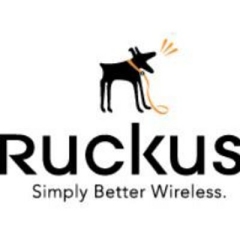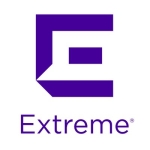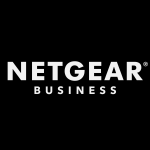We belong to the hotel industry. In the hotel itself, we have deployed WIFI fully throughout the establishment. So far, it is working perfectly.
The solution offers a lot of great features to its users.
The multiple FSIVs is great.
The meshing is very effective.
The solution has a very high bandwidth.
We've found the initial setup to be straightforward.
The solution is very user friendly.
It offers good customization capabilities.
We have found the dashboards to be quite good.
Occasionally, we have found some controllers malfunctioning. However, that is rare, and largely the solution works perfectly.
They should work to make their licensing more affordable.
I've been using the solution for five to six years at this point. It's been a while for sure.
The solution is quite stable. There are no bugs or glitches. It doesn't crash or freeze. I've found it to be extremely reliable.
The solution scales quite easily when you need it to. We use and mix and match the old and new versions as we change rapidly. We have our older equipment that hits its end of life, and we deploy new ones to cover the old. We are able to do this pretty seamlessly, and, if we need to, we can just continuously add on based on our requirements.
Everyone who works in our organization uses the solution.
We've been in touch with technical support multiple times. When we create a ticket, they are quite responsive. We're satisfied with their level of service.
The initial setup is not complex. It's pretty straightforward. A company shouldn't have any issues with the implementation.
We deployed almost 420 pieces and in total it only took us about a month and a half.
The licensing is paid on a yearly basis. We are working with three yearly licenses.
The pricing is okay, however, it could be more affordable.
We have looked at Aruba and Cisco as well as ExtremeWireless and compared them all to Ruckus.
We are a large partner.
We don't use the latest version of the solution every single time. Often we mix and match versions.
I would recommend the solution to other organizations. We've been largely very happy with the product overall.
I would rate the solution at an eight out of ten.















